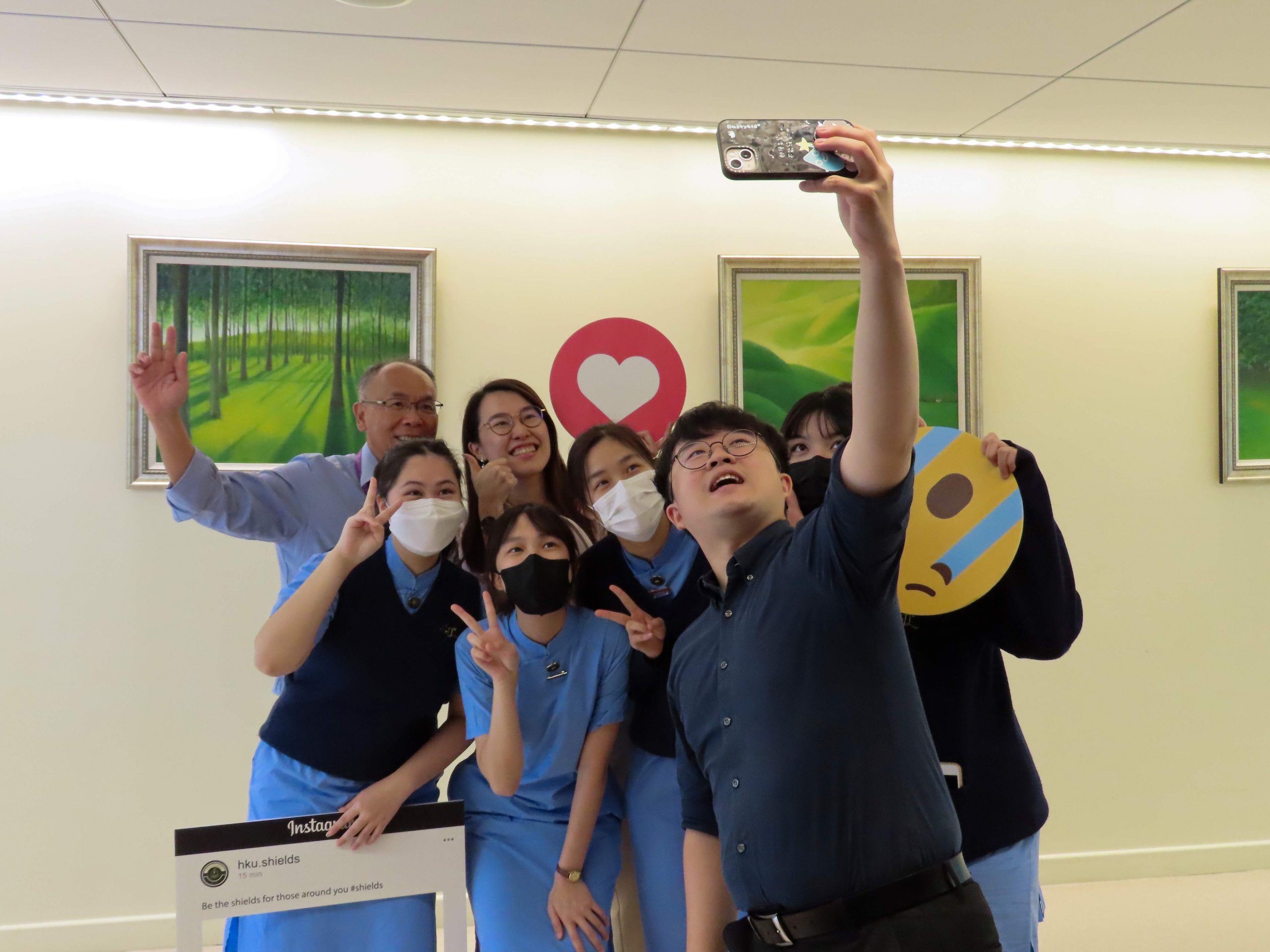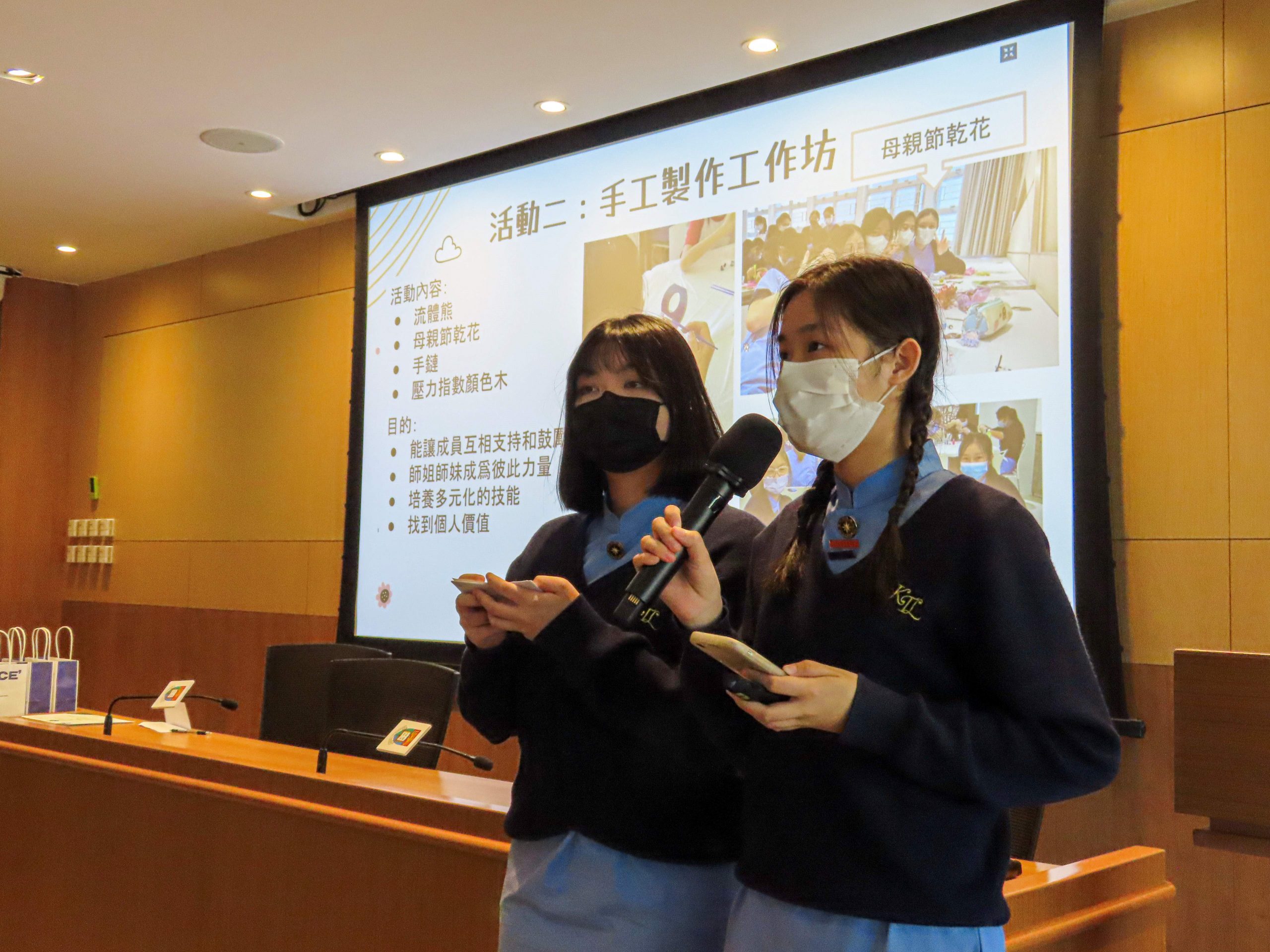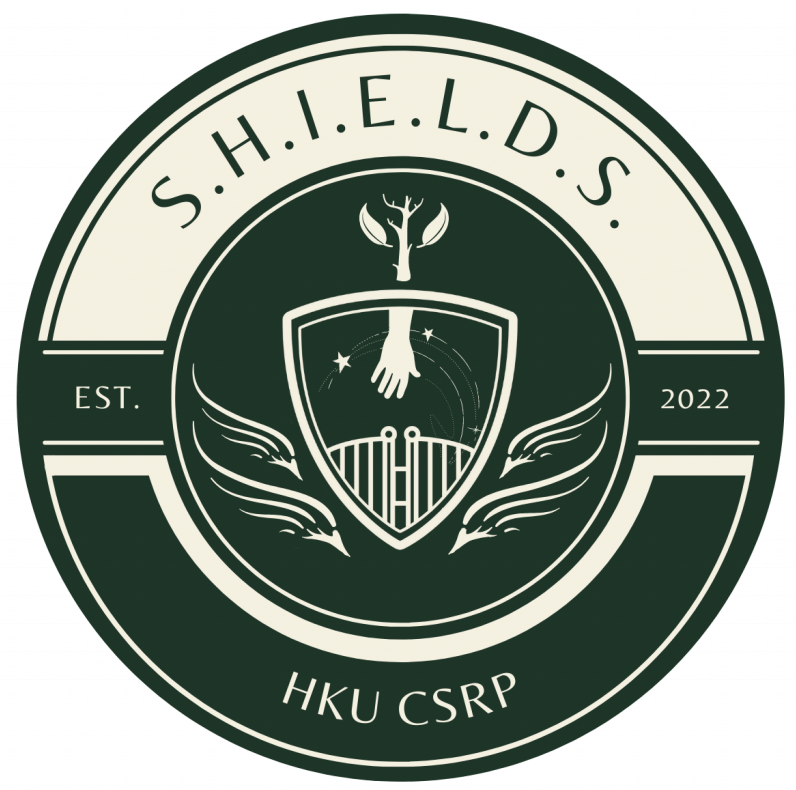This article also appears as the cover story of the CSRP Newsletter 2023, Rethink, Refocus, Release.



When we think of suicide interventions, we typically think of ones that use an illness prevention approach, addressing risk factors to reduce the chance of suicidal behaviours. Such interventions are often designed by experts and disseminated to the community using a top-down approach. Today we invite readers and researchers to rethink their understanding of suicide interventions by focusing on a bottom-up, wellness promotion approach.
As leaders in the field of suicide research, our Centre believes that an ounce of prevention is worth a pound of cure. We also believe in empowering our community partners to design programmes and interventions that best suit their specific needs.
One such programme, Suicide Help Intervention through Education and Leadership Development for Students (S.H.I.E.L.D.S.), recently completed two rounds of mental health gatekeeper training for local secondary school students. We believe that students can be effective peer leaders for promoting mental health within their school communities, while also supporting peers in distress or crisis.
The student leaders noted the importance of the bottom-up approach of their student-initiated projects. They reflected that compared to the mental health programmes their schools typically ran, their projects were better attuned to the needs and interests of their peers. School staff also recognised the students’ insights and were surprised by how well-received the activities ended up being. Through their participation in S.H.I.E.L.D.S., our schools were able to rethink their mental health promotion efforts, allowing students to play a more active role.
The students also reflected on how the S.H.I.E.L.D.S. training encouraged them to rethink their roles as peer supporters. Some initially believed that there was not much they could do as non-professionals, and our training allowed them to understand that being a good listener and appropriately referring their peers to professional help is a powerful support for their communities.
Much like the S.H.I.E.L.D.S. student leaders, we must rethink and refocus our approach to suicide prevention interventions, particularly for the next generation. S.H.I.E.L.D.S. has shown that, by giving the power back to the young people, we can empower them to play a more active role in enhancing the mental wellness of their peers.
